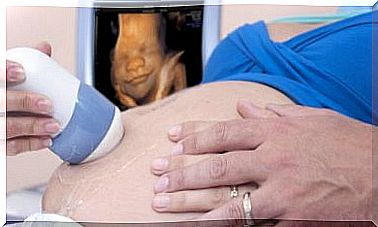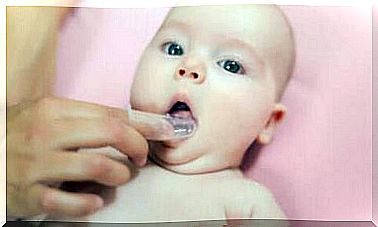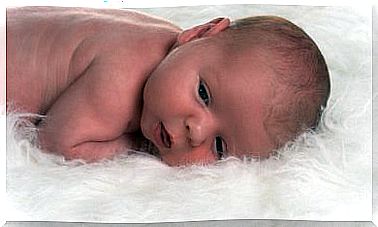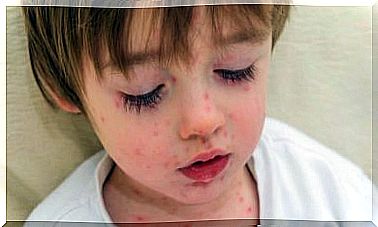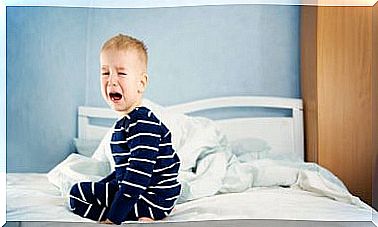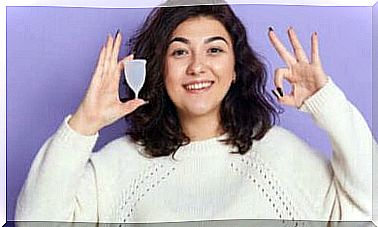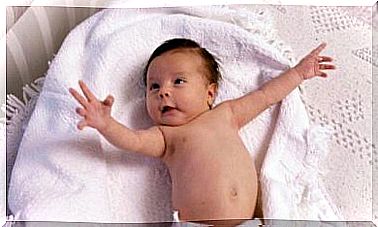Learn All About Hand-foot-mouth Disease
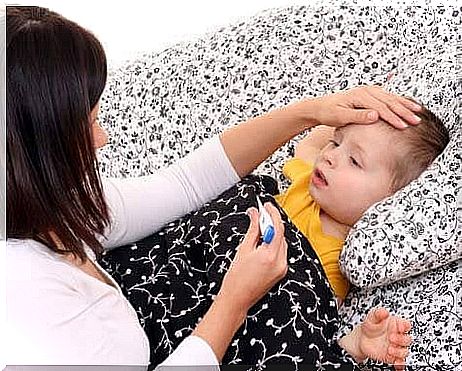
In general, hand-foot-mouth disease starts in the throat and will later spread to the rest of the body. If you want to know more about this contagious ailment, read this article.
How is hand-foot-mouth disease transmitted?
As with any contagious disease, hand-foot-mouth disease first requires you to know the possible ways in which this ailment is transmitted from one person to another.
That is why it is important that you know that this viral infection is transmitted by, for example:
- stool.
- Saliva.
- Moisture from the blisters.
- nasal fluid.
- Direct contact with an infected person through kisses, embraces, hand contact, etc.
- Touching a contaminated object such as cutlery, glasses, toys, clothes, table top, etc.
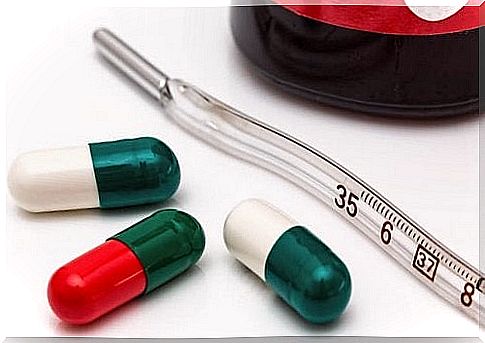
What are the symptoms?
Some of the most common symptoms of this disease are:
- Red rash or blisters on palms and soles.
- Painful sores in the throat and on the gums, the area around the mouth, on the tongue, the inside of the cheeks and at the tonsils.
- Regular headaches.
- feverish.
- No appetite.
- Muscle aches and discomfort throughout the body.
- A sore throat
- Excessive drooling (in small children)
- Some people also get rashes on the elbows, knees, and buttocks.
How do you treat hand-foot-mouth disease?
One of the reasons why these diseases are most feared is because to this day no cure has been found.
When your child is infected with this disease, all you can do is give him the necessary attention and take good care of him. In this way you can make the disease more tolerable for him during the period that the virus is active.
Hand-foot and mouth disease lasts about seven days. You can relieve the symptoms with, for example, the following treatments:
- Depending on the age and weight of the child, you can give a dose of medicine to reduce the fever. This could be Paracetamol or Ibuprofen, both taken orally. Also Dipirone could be in tablet or suppository form.
- Drink plenty of water.
- Rinse and gargle with saline. This helps to refresh the infected throat, tongue and tonsils. You can dissolve a spoonful of salt in a cup of boiled water for this. Let the water cool down before giving it to your child.
Important : The treatments we mention here should always be discussed with the pediatrician first. He knows best what care to give your little one.
Further details about this disease

Hand-foot-mouth disease can be caused by several viruses that belong to the coxsakie virus.
Every time you get infected with a virus, your body becomes immune to that virus, but only to that particular virus. Your child can get the disease again if he gets infected by another virus that comes from that group.
It is therefore important that you take all precautions. That way you can prevent your child from being exposed to these germs.
Good hygiene is the most adequate prevention
Wash your child’s hands on a regular basis. Especially if he is already walking and playing on the floor, he is more susceptible to germs.
Also disinfect his toys and the surfaces he can touch. The germs can be anywhere.
Another thing to consider with this condition is the sensitivity in your child’s mouth. Remember that he has blisters in his mouth and therefore probably won’t eat anything hot that could touch his palate.
To prevent pain and refresh yourself, it is best to give soft and cold foods such as ice creams, gelatin and puddings.
If you suspect a friend has the disease, pay attention!
Finally, we all know that it is important for a child to socialize and play with other children.
However, this is how your child can catch the infection. When he is around a child who is infected with this disease and, for example, sneezes or coughs without a hand over the mouth, but also if your child touches him or they share an object, he can become infected.
That’s why it’s important that if you have the slightest suspicion that one of his friends is suffering from hand-foot-mouth disease, avoid letting your child play with him. Only when you are convinced of the contrary, you can allow playing together again.
Remember that your priority is your child’s health and overall physical well-being.

